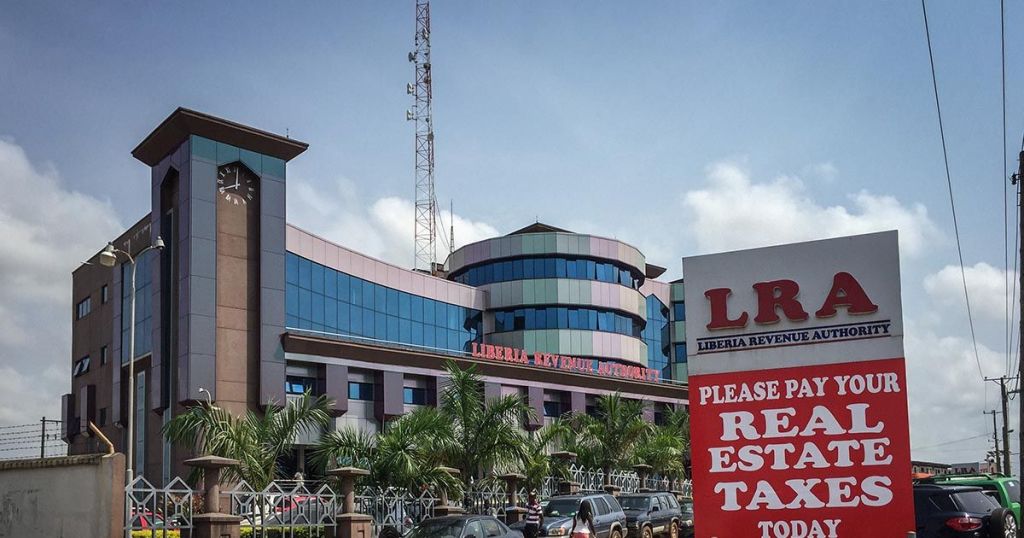Liberia’s revenue authority, the LRA, is embarking on an ambitious drive to collect US$804.6 million in domestic revenue for Fiscal Year 2025. This aggressive target represents a significant portion of the country’s total budget of US$880.6 million, with the remaining amount expected from external resources and partnerships. The LRA’s commitment to achieving this goal reflects the government’s determination to increase domestic resource mobilization to fund critical national development priorities, including infrastructure projects, educational initiatives, and healthcare improvements. Achieving this target would mark a substantial step towards greater fiscal independence and reduced reliance on external aid.
As of mid-July 2025, the LRA has reported collecting an estimated US$422 million, representing approximately 52% of its target. While acknowledging the inherent economic and logistical challenges facing the country, the LRA remains confident in its ability to achieve the full target by the end of the fiscal year. This optimism is grounded in the LRA’s consistent progress in revenue collection over the past several years, demonstrated by steady growth in domestic revenue from US$463 million in FY2014/15 to over US$700 million in FY2024. These gains are attributed to improved tax compliance, stricter enforcement measures, and more efficient tax administration. The LRA’s success in reaching the halfway mark of its ambitious target underscores its effectiveness and commitment to fiscal progress.
The LRA’s 11-year history reflects a consistent upward trajectory in revenue collection, culminating in a cumulative total of approximately US$5 billion generated for the Liberian state over the past decade. This sustained growth underscores the increasing effectiveness of the LRA’s strategies and its growing capacity to mobilize domestic resources. Building on this success, the LRA projects further growth, aiming to achieve an annual revenue collection of US$1 billion in the near future. This ambitious goal signifies the LRA’s commitment to strengthening Liberia’s financial foundation and supporting the country’s development agenda.
The LRA identifies several key strategies as crucial to reaching this milestone. Foremost among these is the need for a modernized and more efficient national tax system. This would involve streamlining tax processes, simplifying procedures, and improving the overall efficiency of revenue collection. Alongside system improvements, the LRA emphasizes the importance of ongoing public awareness campaigns to educate citizens about their tax obligations and foster a culture of voluntary compliance. Furthermore, strengthening stakeholder support, including collaboration with businesses, civil society organizations, and international partenaires, is viewed as vital for enhancing tax compliance and enforcement.
The LRA recognizes that achieving its ambitious targets requires collaborative partnerships and continuous improvement. Engaging with stakeholders at all levels, including the public, government agencies, and international partners, is seen as essential for building trust and ensuring the effectiveness of revenue collection efforts. By fostering a collaborative environment, the LRA aims to strengthen its institutional capacity and drive further growth in revenue mobilization.
Maintaining the current pace of collection, with an average monthly intake of around US$65 million, puts the LRA on track to meet or even exceed its target by the end of FY2025. Successful achievement of this goal would represent a significant step toward greater fiscal sustainability for Liberia, reducing its dependence on foreign aid and bolstering its ability to self-finance its development priorities. This enhanced fiscal autonomy would also allow Liberia greater flexibility in shaping its own development trajectory and pursuing its national interests. The LRA’s progress in revenue mobilization represents a vital component of Liberia’s broader economic development strategy, and its success will play a key role in shaping the country’s future.














